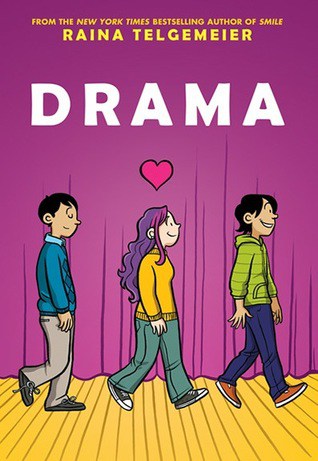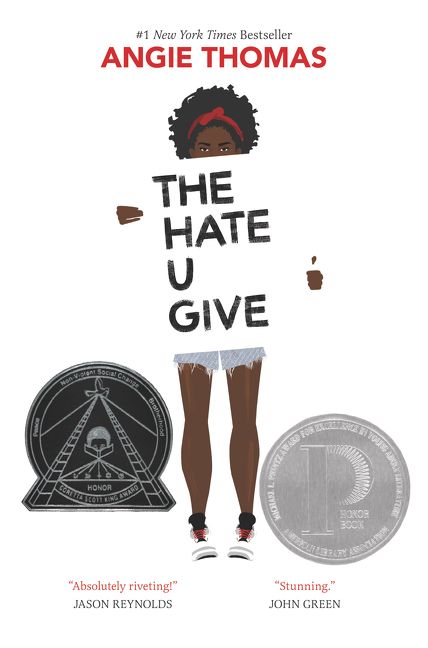Banned Books Week takes place annually from Sep. 23 to 29. The event celebrates freedom of speech and expression, and fights against the censorship of books in communities. The theme of Banned Books Week for 2018 is “banning books silences stories.”
According to the American Library Association, there were 356 book challenges, which are attempts to restrict access to those books. 41 percent of those challenges took place in high schools and high school libraries.
Librarian Krissy Ronan said Marshall has not banned any books and does not have a policy of restricting access to reading materials.
“I think that, as a librarian, I find it hard to support people who want to ban books or prevent people from reading books that they disagree with or choose that might have beliefs they don’t support,” Ronan said. “I think for the most part, I want students to feel free to choose what they want, and if a family or a group doesn’t like a certain book or disagrees with some of the beliefs that book might represent to them, maybe they shouldn’t read it. I don’t think it’s their right to prevent other people from reading it.”
The following books are some of the top ten most frequently challenged books of 2017.
Marshall has not banned any of these books, and as such, a lot of students have read them.

amazon.com | reproduced under fair use
Drama
“I really liked the book Drama because it is a graphic novel, and I enjoy those. The art was really cute, and I liked how the story was centered around theater. I honestly do not think it should be banned. It is really not that harmful of a book, and the topics in the book aren’t even that controversial compared to what is on T.V. In general, I just think it’s stupid that [Drama is sometimes] banned because [it displays] homosexuality. That doesn’t seem like a valid reason to me. It just seems like [people] are trying to hide the fact that [homosexuality] exists.”
– junior Lena Smith

amazon.com | reproduced under fair use.
The Hate U Give
“The book introduced me to the Black Lives Matter movement. After reading the book, I got interested in our country’s gun laws. Reading [The Hate U Give] sparked an interest in politics, which makes Government a lot more interesting. I think it is ridiculous to ban this book. Reading it gave me a new perspective on police brutality that I hadn’t seen before. People need to read books like this. If we ban every book that makes people uncomfortable, then we will end up in the society from Fahrenheit 451. We should not ban these books; we should embrace them because they show us things from a new angle, and make us evaluate our prejudices.”
-sophomore Sydney McCarthy

